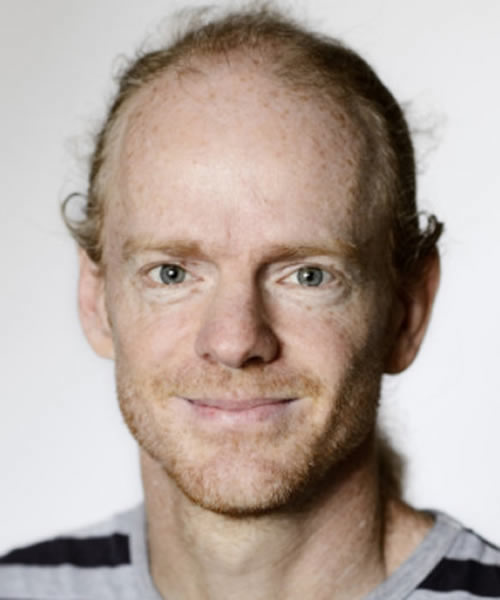When He Jiankui showed up at the Ran Ran Shaw auditorium at Hong Kong University on November 28, 2018, he was met by a collective gasp. Those of us participating in the 2nd International Summit on Human Genome Editing (alongside a frenzied throng of journalists) were simply not sure whether he would make an appearance given the global science scandal that was unfolding around him. So much has been written and said about those eventful days in Hong Kong since; most of it has focused on the (lack of) ethics of He Jiankui’s clinical application of gene editing on human embryos, as well as the sub-par quality of his scientific work. Less attention has been paid to what in my view is one of the most critical ethical issues at stake with this newest of a growing range of what Tine Gammeltoft and I have called “selective reproductive technologies” (SRTs). Namely, just what does the editing in “gene editing” stand for?
It is likely no coincidence that the science of making changes to genes and genomes for medical purposes in humans has come to be defined in terms of “editing” rather than “manipulation” or “modification,” which are terms often used in debates about the changing of non-human genes or genomes for specific purposes. To edit something is to prepare that something by correcting or modifying it, but it can also mean to redact that something. While it is of course accurate to say that the something being edited is the very stuff of life itself, namely the chemical base sequences that make up DNA, as an anthropologist, I would insist that what is also being edited are the kinds of living that certain base sequences are known to engender. What I mean by this is that when new reproductive technologies enter the clinic, the individuals, couples, and families who seek them out are grappling with quotidian questions related to how they can provide for and lead fulfilling and rewarding lives. We know this from countless ethnographic studies that have documented the careful yet fraught ways in which families throughout the world engage with SRTs.
In this sense, “editing” relates to family formation practices as couples seek out and mobilize specific laboratory and clinical techniques in explicit efforts to prevent or allow the birth of certain kinds of children. When it comes to gene editing in humans, the hope is that new techniques will in the future allow families to be able to select a “healthy” or “normal” child who does not have a particular hereditary condition that “runs in the family.” And so, from an anthropological perspective, gene editing is not so novel. Rather, it is yet another technology that may well be added to an ever-expanding palette of available SRTs. Selective reproduction already takes place throughout the world on a daily basis and on a massive scale through the selective fertilization of gametes (using carrier testing, donor gametes, and/or sperm sorting), selective implantation of embryos (using preimplantation genetic diagnosis), or selective abortion of fetuses (following [non-]invasive prenatal testing). The question is whether (or perhaps when) genome editing will join these techniques as a routinized reproductive option that will allow for the selective editing of gametes or embryos in order to prevent or allow the birth of certain kinds of children.
What I would submit to all those who continue to debate the ethics of gene and genome editing is that we must always keep those individuals, couples, and families who engage with SRTs in mind. These couples are not so much editing or redacting their futures as they are building their families against a multifaceted and complex backdrop of cultural stigmas, healthcare systems (or lack thereof), laws, and social inequalities. Selective reproduction is in no way a novel phenomenon and, as I have underlined, it is an empirical reality. For these reasons, we need to ensure that findings from ethnographic (and other forms of qualitative) research with families who engage with SRTs are always a part of bioethical deliberations about the ethics of selective reproduction.

